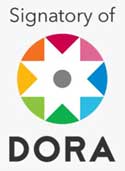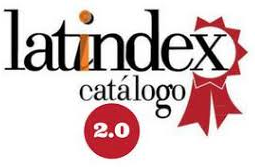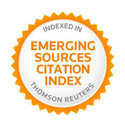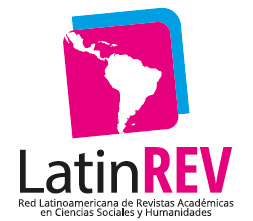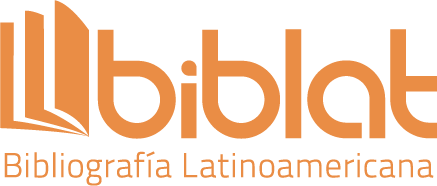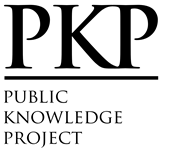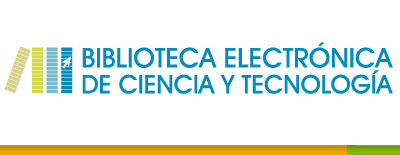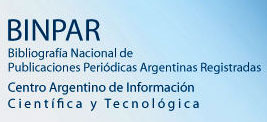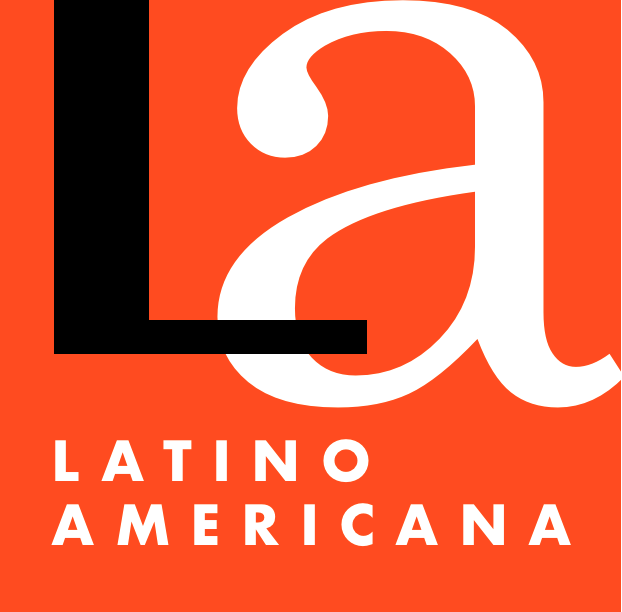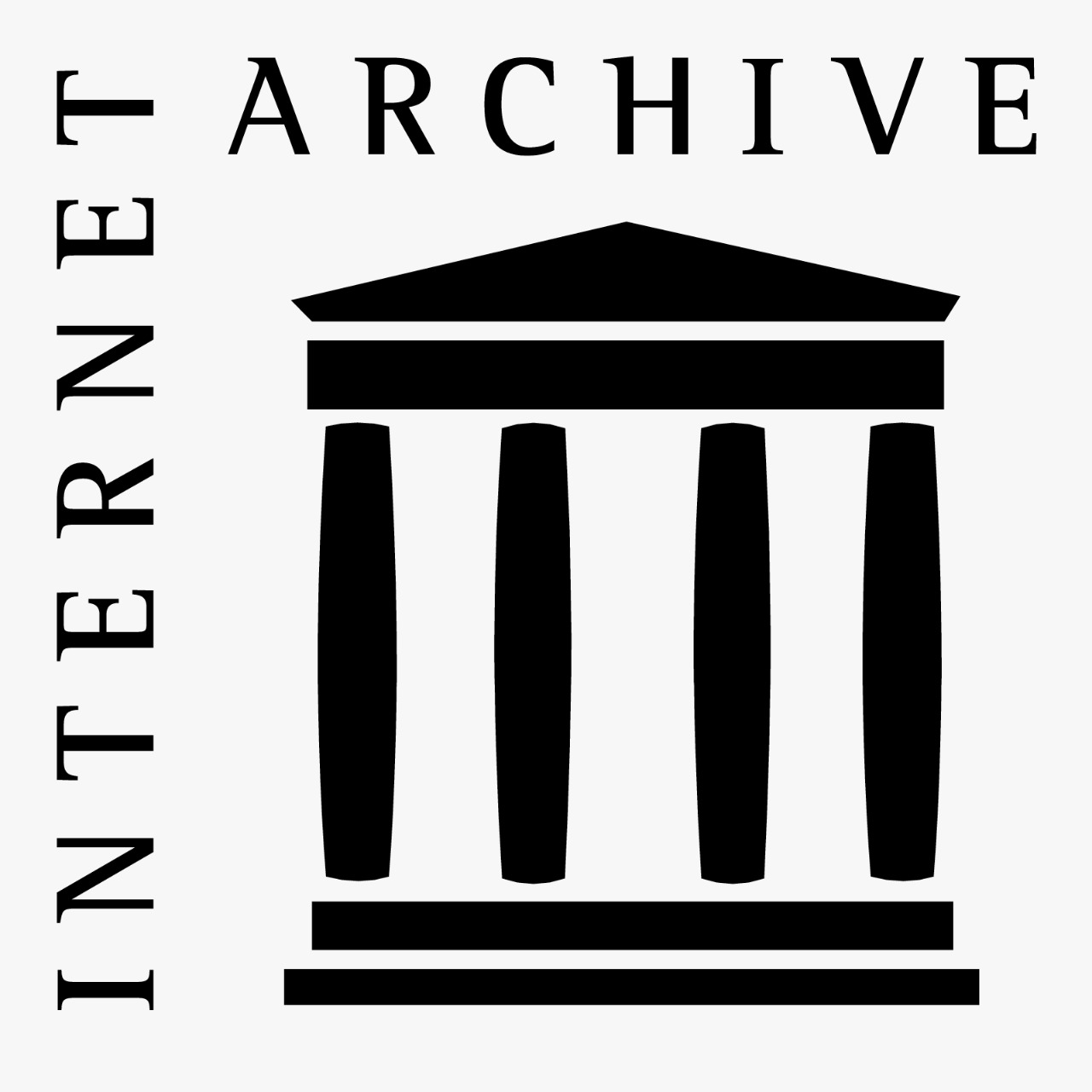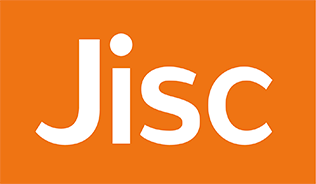Analysis of the digital conversation in elections affected by political violence and insecurity
Abstract
After the political crisis, exacerbated by levels of violence never recorded in the history of Ecuador, President Guillermo Lasso decreed the early termination of the legislative and presidential period, a process known as "Muerte cruzada", to call for early general elections on August 20, 2023. The campaign suffered a breakdown after the assassination of the presidential candidate Fernando Villavicencio, on August 9, 2023. The news, which made headlines on a national and international scale, provoked an intense social conversation on different social networks with an impact on voters given that the level of indecision increased. In this study, an x-ray of that digital conversation was carried out during the following seven days from the turning point that the assassination meant, in order to understand the frames of the conversation and the possible levels of connotation in the context of a topic that it lends itself to polysemy, redundancy and fragmentation. With the data obtained from social networks thanks to Golden Cía.'s Social Scan software, different categories were analyzed such as the number of posts, the size of the audience reached, the percentage of sentiment polarization, complemented with elements such as key terms, emoticons and verbs. The results confirm the impact that that moment had on the campaign by contrasting the topics of conversation with electoral preferences, the relevance of insecurity, the story about the search for culprits and, later, in the framework of the presidential debate, the effect on the relevance of some candidacies over others. The value of digital conversation analysis in understanding the strategic behavior of campaigns is highlighted.
Downloads
References
Basabe-Serrano, S., Moncagatta, P., Orces, D. y Pachano, S. (2024). Pulso de la democracia en Ecuador. Barómetro de las Américas, Participación Ciudadana, Usaid, Vanderbilt University.
Benoit, W., Hansen, G., & Verser, R. (2003). A meta-analysis of the effects of viewing U.S. presidential debates. Communication Monographs, 70, 335-350. https://doi.org/10.1080/0363775032000179133.
Blumler, JG. y Kavanagh, D. (1999). The Third Age of Political Communication: Influences and Features, Political Communication, 16(3), 209–230. https://doi.org/10.1080/105846099198596
Calvo, E. y Aruguete, N. (2020). Fake news, trolls y otros encantos. Cómo funcionan (para bien y para mal) las redes sociales. Siglo Veintiuno Editores.
Cantú, F., y Carreras, M. (2023). Presidential Debates and Electoral Preferences in Weakly Institutionalised Democracies: Evidence From 32 Latin American Elections. Journal of Politics in Latin America, 15, 239 - 261. https://doi.org/10.1177/1866802X231213668.
Celi, S. (9 de agosto de 2023). Según encuestas, la única certeza es que el correísmo encabeza lid presidencial. Primicias.ec. https://www.primicias.ec/noticias/elecciones-presidenciales-2023/encuestas-electorales-candidatos-intencion-voto/#:~:text=Antes%20del%20asesinato%20del%20candidato,el%20d%C3%ADa%20de%20las%20elecciones.
Durán Barba, J. (11 de noviembre de 2023). El debate del fin del mundo. Perfil. https://www.perfil.com/noticias/columnistas/el-debate-del-fin-del-mundo-por-jaime-duran-barba.phtml
Fiscalía investiga denuncia de candidatos y nexos con narcotráfico, dice asambleísta. (13 de enero de 2023). El Comercio. https://www.elcomercio.com/actualidad/fiscalia-investiga-denuncia-candidatos-narcotrafico-villavicencio.html
Gredel, E. (2017). Digital discourse analysis and Wikipedia: Bridging the gap between Foucauldian discourse analysis and digital conversation analysis. Journal of Pragmatics, 115, 99-114. https://doi.org/10.1016/j.pragma.2017.02.010
Indígenas de Ecuador niegan acusación del presidente que se financiaron con el narco. (10 de julio de 2022). France 24. https://www.france24.com/es/minuto-a-minuto/20220709-ind%C3%ADgenas-de-ecuador-niegan-acusaci%C3%B3n-del-presidente-que-se-financian-con-el-narco
Izotova, N., Polishchuk, M., & Taranik-Tkachuk, K. (2021). Discourse analysis and digital technologies: (TikTok, hashtags, Instagram, YouTube): universal and specific aspects in international practice. Revista Amazonia Investiga. https://doi.org/10.34069/ai/2021.44.08.19.
Jiang, L. (2019). Discourse and Digital Practices: Doing Discourse Analysis in the Digital Age. Open Journal of Modern Linguistics. https://doi.org/10.4236/OJML.2019.92009
Juárez Gámiz, J. (2021). Redes sociales y conversación pública en tiempos de pandemia. Centro de Investigaciones Interdisciplinarias en Ciencias y Humanidades, UNAM.
Las fotos con Latin Kings que complican al correísmo. (30 de mayo de 2022). Plan V. https://www.planv.com.ec/confidenciales/confidencial-politica/fotos-con-latins-kings-que-complican-al-correismo
Lazareva, A. (2020). Analyzing Digital Discourse. Journal of Language and Education. https://doi.org/10.17323/jle.2020.11294
Levoyer, S. (2017). Los huracanes que arrasaron el sistema de inteligenCía. Universidad Andina Simón Bolívar y Corporación Editora Nacional.
Mella, C. (25 de julio de 2023). Asesinatos, ataques a políticos y motines: el crimen organizado irrumpe en campaña en Ecuador. El País. https://elpais.com/internacional/2023-07-25/asesinatos-ataques-a-politicos-y-motines-el-crimen-organizado-irrumpe-en-campana-en-ecuador.html
Macaroff, A. (junio 2022). Las calles vuelven a encenderse en Ecuador. Revista Nueva Sociedad. https://nuso.org/articulo/protestas-ecuador-lasso-conaie-crisis-paro/
Mitchelstein E., Leiva S., Giuliano C. y Boczkowski P. J. (2018). La política da que hablar: "Engagement" en redes sociales de sitios de noticias. CIC. Cuadernos de Información y Comunicación, 23, 157-173. https://doi.org/10.5209/CIYC.60913
Mullinix, K. (2015). Presidential Debates, Partisan Motivations, and Political Interest. Presidential Studies Quarterly, 45, 270 288. https://doi.org/10.1111/PSQ.12187.
Otálora Malassis, J. (2014). Debates políticos y medios de comunicación. Tepjf.
Pazmiño, M., Levoyer, S. y Narváez, C. (2022). Ecuador ¿por qué estamos cómo estamos? Uniandes.
Treadwell, D. (2017). Introducing Communication Research. Paths of inquiry. 3rd. Edition. Sage Publications.
Van Dijk, T. A. (2009). Discurso y poder. Gedisa.
Copyright (c) 2025 Caroline Avila, Saudia Levoyer

This work is licensed under a Creative Commons Attribution-NonCommercial-ShareAlike 4.0 International License.
The authors retain the copyright and guarantee the journal the right to be the first publication of the work. In case that a translation of the article already published in Austral Comunicación can be published in another journal, it is requested to record the original publication in the translated version.
The license used is CC BY-NC-SA, which allows sharing (copying and redistributing the material in any medium and format) and adapting (remixing, transforming and building on the material) under the following terms: attribution (acknowledge authorship) and non-commercial (the material cannot be used for commercial purposes). Update: February 1, 2022.
Austral Comunicación allows the author (s) to retain the publication rights without restrictions.



